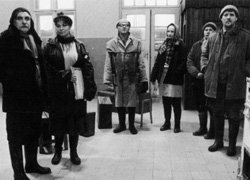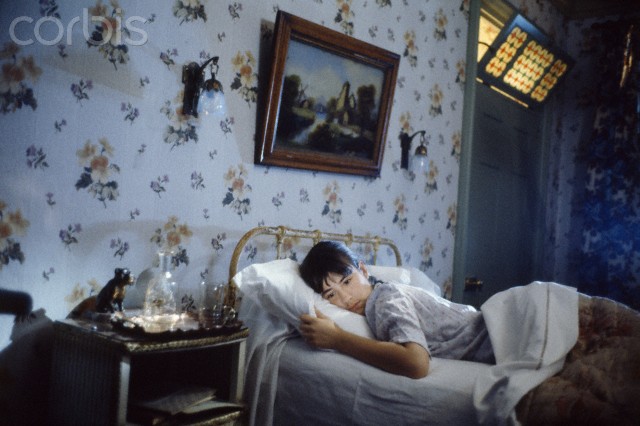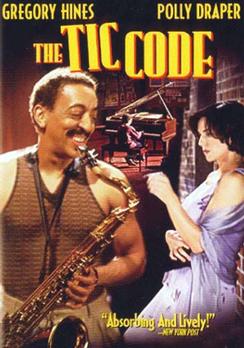From the Chicago Reader (October 14, 1994). — J.R.

**** SATANTANGO
(Masterpiece)
Directed by Bela Tarr
Written by Tarr and Laszlo Krasznahorkai
With Mihaly Vig, Putyi Horvath, Erika Bok, Peter Berling, Miklos B. Szekely, Laszlo Fe Lugossy, Eva Almasi Albert, Alfred Jaray, Erzsebet Gaal, Janos Derzsi, and Iren Szajki.

If great films invent their own rules, reinventing some of the standards of film criticism in the process, Bela Tarr’s Satantango surely belongs in their company. Showing Sunday as part of the Chicago Film Festival, this very dark Hungarian black comedy has more than a few tricks and paradoxes up its sleeve. Shot in black and white, with a running time of just under seven hours (it’s designed to be shown with two short intermissions), it boasts a decrepit, squalid rural setting enveloped in constant rain and mud and a cast of about a dozen greedy, small-minded characters, none of whom has any remotely redeeming qualities. Yet over two separate viewings it has provided me with more pleasure, excitement, and even hope than any other new picture I’ve seen this year.
I’m not the only one who feels this way. Since the film surfaced at the Berlin Film Festival in February and was enthusiastically heralded by J. Read more
From the Chicago Reader (January 28, 1994). — J.R.

** THE ACCOMPANIST
(Worth seeing)
Directed by Claude Miller
Written by Miller and Luc Beraud
With Richard Bohringer, Elena Safonova, Romane Bohringer, Samuel Labarthe, Julien Rassam, Nelly Borgeaud, and Claude Rich.

“About six years before the disappearance of Ambrose Small, Ambrose Bierce had disappeared. Newspapers all over the world had made much of the mystery of Ambrose Bierce. But what could the disappearance of one Ambrose, in Texas, have to do with the disappearance of another Ambrose, in Canada? Was somebody collecting Ambroses? There was in these questions an appearance of childishness that attracted my respectful attention.” — Charles Fort, Wild Talents (1932)
The Accompanist can be viewed as a producer’s film, as a writer-director’s film, and as a quintessentially French film. As a producer’s film, it is the latest in a recent cycle of French art movies involving classical musicians and including extended stretches of classical music — in other words, as a spin-off of Tout les matins du monde and Un coeur en hiver, both huge commercial successes, especially in France. As all three films have the same producer, Jean-Louis Livi, they can be regarded as “Livi films” rather than as the discrete expressions of three directors. Read more
From the Chicago Reader (September 1, 2000). — J.R.

The Tic Code
**
Directed by Gary Winick
Written by Polly Draper
With Gregory Hines, Draper, Christopher George Marquette, Desmond Robertson, Carol Kane, Carlos McKinney, Dick Berk, John B. Williams, and Tony Shalhoub.
Writing about Finnegans Wake, James Joyce’s most musical book, the late William Troy had the perspicacity to point out that “a word, in the terminology of modern physics, is a time-space event. It is not too much to say that for the poet no word in a language is ever used twice exactly in the same way.” Since a musical note is also a time-space event — repeatable on paper, CD, or tape but not in live performance — existentially speaking an improvised jazz solo is a journey, a dramatic and social act that can happen only once.

It’s possible to capture certain aspects of jazz performances in words, as critic Whitney Balliett and novelist Rafi Zabor (in the wonderful The Bear Comes Home) have amply demonstrated. But what film can do poetically with jazz solos is much less certain. It might be argued that most films and most jazz solos have stories to tell, but getting their stories to coincide is not an easy task. Read more






